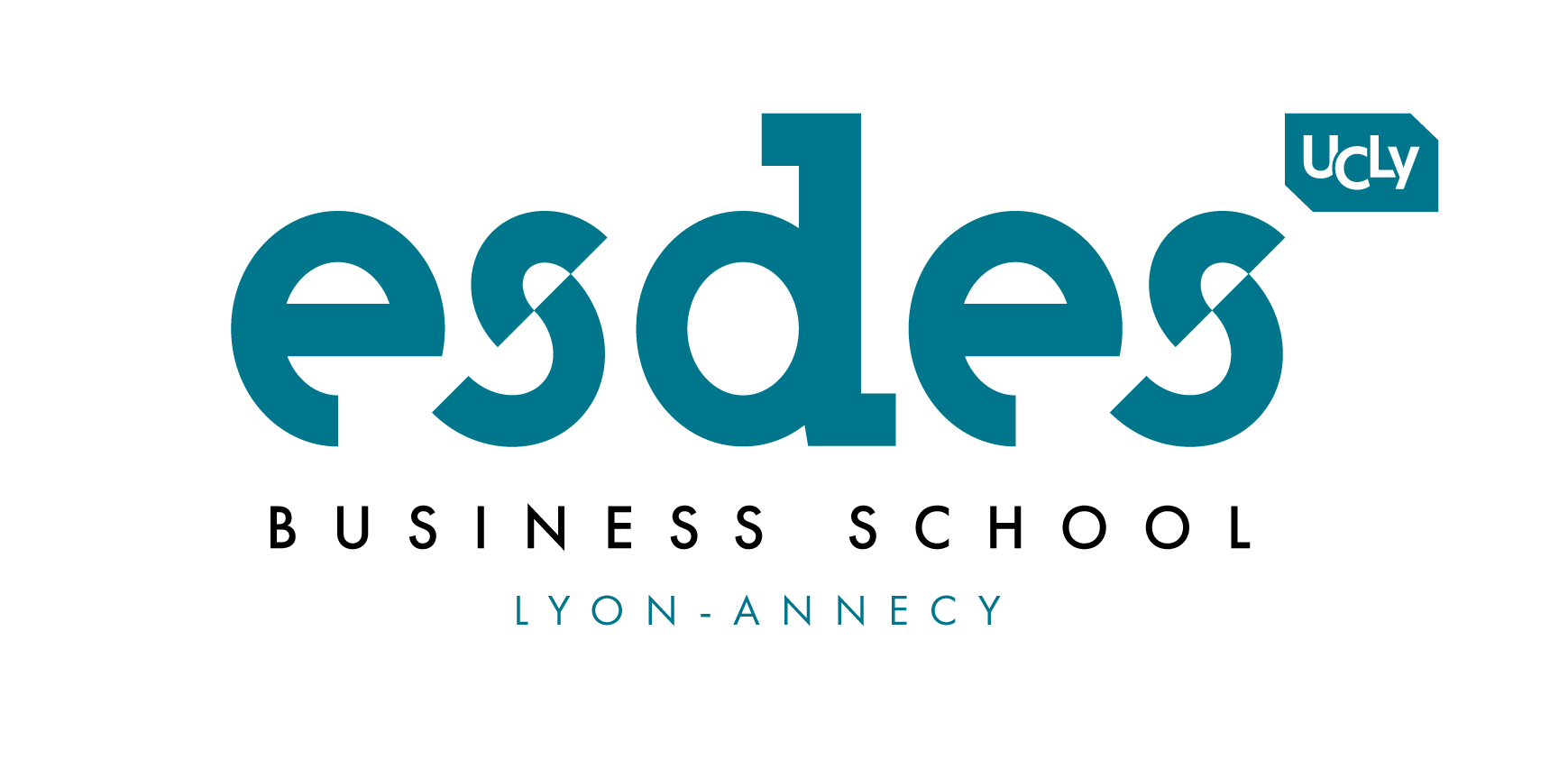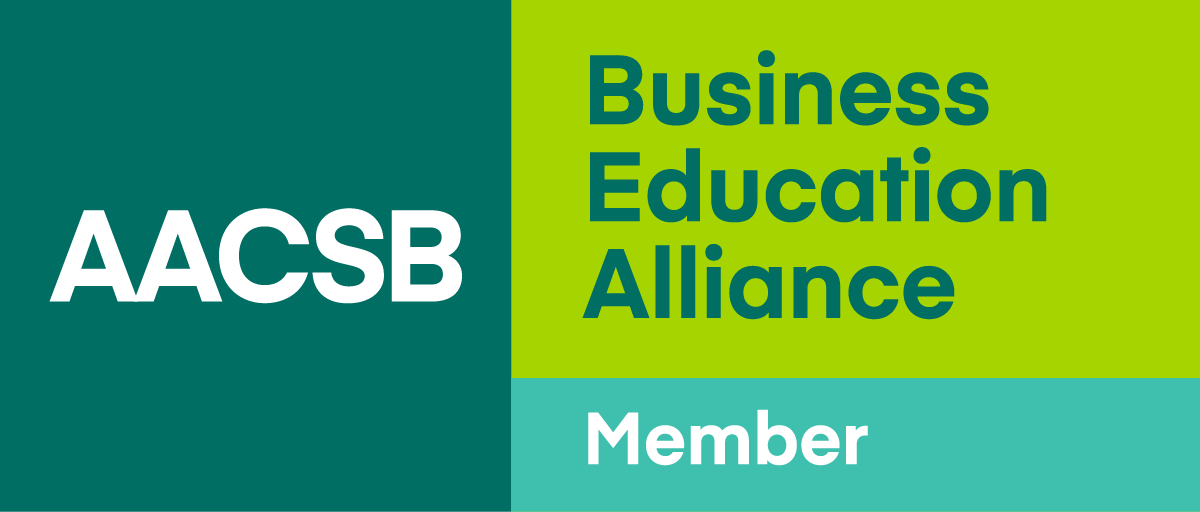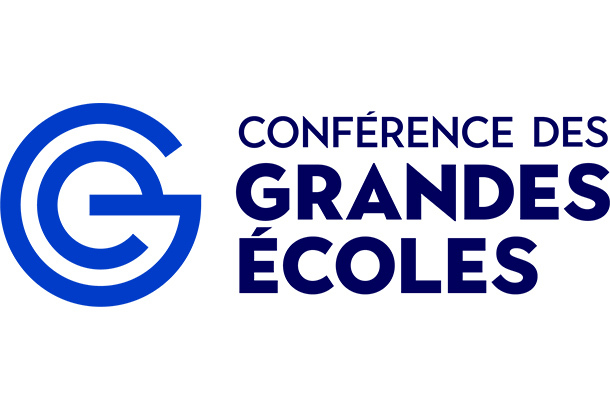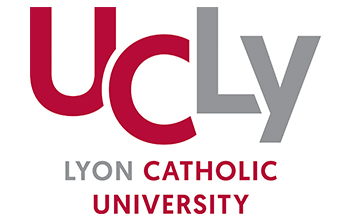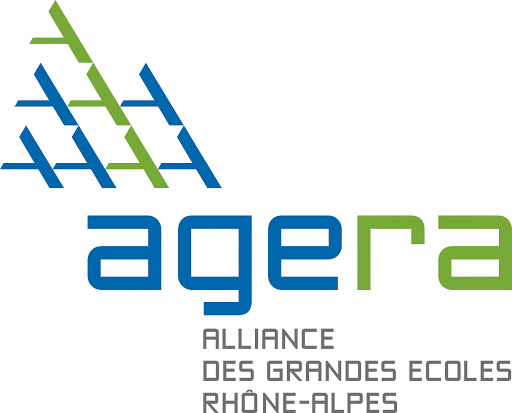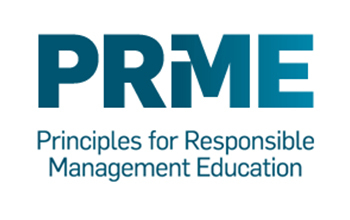- Homepage
- ESDES’s blog
- Responsible Natives
- The Climate debate and French higher education.
Qinisani Qalie Ndlovu
4 min.
15 September 2023
The excitement of enrolling at a Higher Education Institution is undoubted, both for parents and students. Founded on a promise to graduate and head out into the world to impart new knowledge through employment or entrepreneurship. Bennett and Lemoine (2014) mention a VUCA environment, an acronym that refers to volatility, uncertainty, complexity, and ambiguity within the corporate world.
Clearly graduates are hard pressed to lead and be led under constantly evolving circumstances. Add climate change to the mix, and the whole equation changes complexity. Graduates are increasingly looking to apply and enrol in Higher Education Institutions that practice what they preach. Take at ESDES Business School housed within the Catholic University of Lyon as an example; the mantra of Responsible Natives has become part of the business school’s DNA, and serves as a lighthouse for students and professors on the journey to sustainability.
Higher Education global figures
The 2022 higher education global data report by UNESCO, confirms that there were approximately 235 million students registered in Higher Education institutions in 2020 alone. Campus France reports the number of Higher education students in France at 2.5 million for the academic year 2023.
It is evident that France is a popular student destination owing to its academic rigour, touristic attractions, and favourable job market dynamics. A distinct opportunity arises owing to this: France can use its higher education pull factor to enhance its agenda in addressing climate change. The key question then becomes what is the role of higher education in addressing climate change challenges.
In order for the education system to function, Higher institutions need students, students need professors and both professors and students need housing, food and resources to produce academic results. This shows how education is interconnected with other systems, it is therefore the responsibility of individual institutions to make sure that they do not compromise the planet in pursuit of rankings and accreditations by unsustainably sourcing students and professors for their product offerings.
The Conférence des Présidents d’Université (CPU), HEI management association, discusses how French Higher Institutions are contributing to the Sustainable Development Goals, the SDGs being an important framework that aims to address global key challenges such as access to quality education, poverty, hunger and climate action.
Climate action requires actors with capabilities such as leadership, strategy formulation, stakeholder management and research amongst other skillsets. In light of the climate crisis, Higher Education institutions have become vibrant breeding grounds and incubation hubs of sustainability leaders and actors; they can be best described as turbines that innovate solutions to the world’s challenges through their research capability, interaction with industry and new knowledge creation from students and professors, seeking to advance their careers.
Initiatives of French Higher Education Institutions
The 365 000 international students recorded by campus France for the 2020/2021 academic year bears testament to the attractiveness of France as a foreign student’s destination of choice. One would be compelled to think that those leaving their countries of origin are after touristic endeavours, such as sight-seeing in Paris at the Eiffel tower, or the walks in the medieval alley ways of Lyon. These are bonus perks when you consider that France is aggressively addressing global challenges by embedding ecological transition into their teaching models.
This has set a standard in that HEI are increasingly offering innovative programs aimed at addressing grand challenges within the European Region and abroad. Parallel to the European green deal, HEI have added Innovative Circular Economy based Masters programs, in anticipation of the projected 700 000 jobs that will be created in the region by 2030. ESDES Business School is among the examples of responsive French institutions who have taken steps to embed sustainability into their teaching. This has been engrained into the DNA of the Business school through the phrase ‘’Responsible Natives”.
For instance, the Business School introduced a Master of Science, MSc in Circular Economy and Sustainable Innovation, delivered at its Lyon Saint Paul campus. The program attracted top talents from Zimbabwe, India, Britain and Nigeria. So popular is the course that this year, the number of intakes has doubled. Interestingly, the campus in itself is a circular economy marvel, that was once a prison, demolished and the building materials were reused to create a campus with a sustainable structure.
Additionally, living up to its CSR commitments, ESDES Business school also introduced the MSc in Sustainable Tourism and Events Management based out of the university’s Annecy campus. With France hosting high level sporting events and welcoming millions of tourists per year, ESDES has introduced this cutting-edge product aimed at managers looking to sustainably create unforgettable tourist attractions and experiences.
Other French institutions that are following suit include, the university of Paris-Saclay and the University of Southern Brittany which have included ecological transition modules for their students in the Licence 2 programme. While At Nantes University, the institution measures its environmental impact. At the Institute Mines-Télécom (IMT), a first edition of a summer school was organised last July to develop teaching practices and integrate the challenges of the ecological transition. It is therefore not surprising that France continues to attract top academic talent owing to its responsive higher education players and equally committed pool of 2.5 million students.
References
Bennett, N and Lemoine, G. J. 2014 What VUCA really means for you, Harvard business review.
Campus France. 2022, key figures on student mobility worldwide.
UNESCO HIGHER EDUCATION GLOBAL DATA REPORT. 2022. Towards Sustainable Development Goals target 4.3: By 2030.
